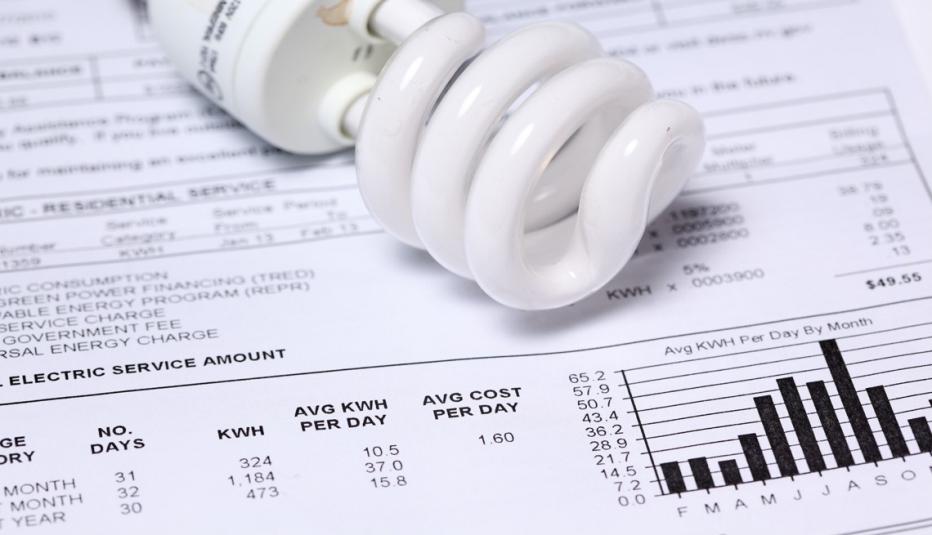AARP Hearing Center
Older adults in Flint say they’re not getting enough support to help them deal with the ongoing water crisis, and many say they have experienced illnesses or medical conditions they attribute to the tainted water. This poll of 700 Flint residents age 60 and older indicate a majority (52%) say the level of support for seniors has been “not enough.”
More than a third (35%) of respondents said they have experienced illnesses or medical conditions they believe were triggered by the water crisis. About nine in 10 (89%) of those having medical issues said they have had skin problems, including rashes, flaking and itching. Nearly half (46%) reported hair loss; Thirty-eight percent (38%) cited sores on their head or skin; and one-quarter (25%) said they’re suffering from tooth loss or gum pain.
Other findings of the survey include:
- About half (51%) of older adults in Flint said they have not had their blood tested for lead poisoning, and forty percent (40%) of untested respondents said they don’t know where to go to have testing done.
- When asked to name the top priority to help older adults in Flint, the most frequent response was “paying for the cost of replacing (lead) pipes from the street into your home (45%).” “Help with selection, installation, and reimbursement of faucet filters, shower filters and whole-house filters” was the second highest response (8%).
- Three-quarters reported installing water filters in their homes, but about 6 in 10 of these poll participants (61%) said they had only one faucet filter and no shower or whole-house filters.
- About one-quarter (26%) said their water bills are more expensive than before the crisis and sixteen percent (16%) said they have charges on their bills that they don’t understand.
- Thirteen percent (13%) of respondents said their water appliances (water heater, water pump, washing machine, etc.) needed to be replaced due to the water crisis. Half of these said it will be “very hard” to pay for new appliances.
On behalf of AARP, Public Policy Associates conducted this needs assessment, which included telephone interviews conducted June 20-25, 2016 by EPIC-MRA of Lansing, MI. For more information, contact Katherine Bridges at KBridges@aarp.org.




























































